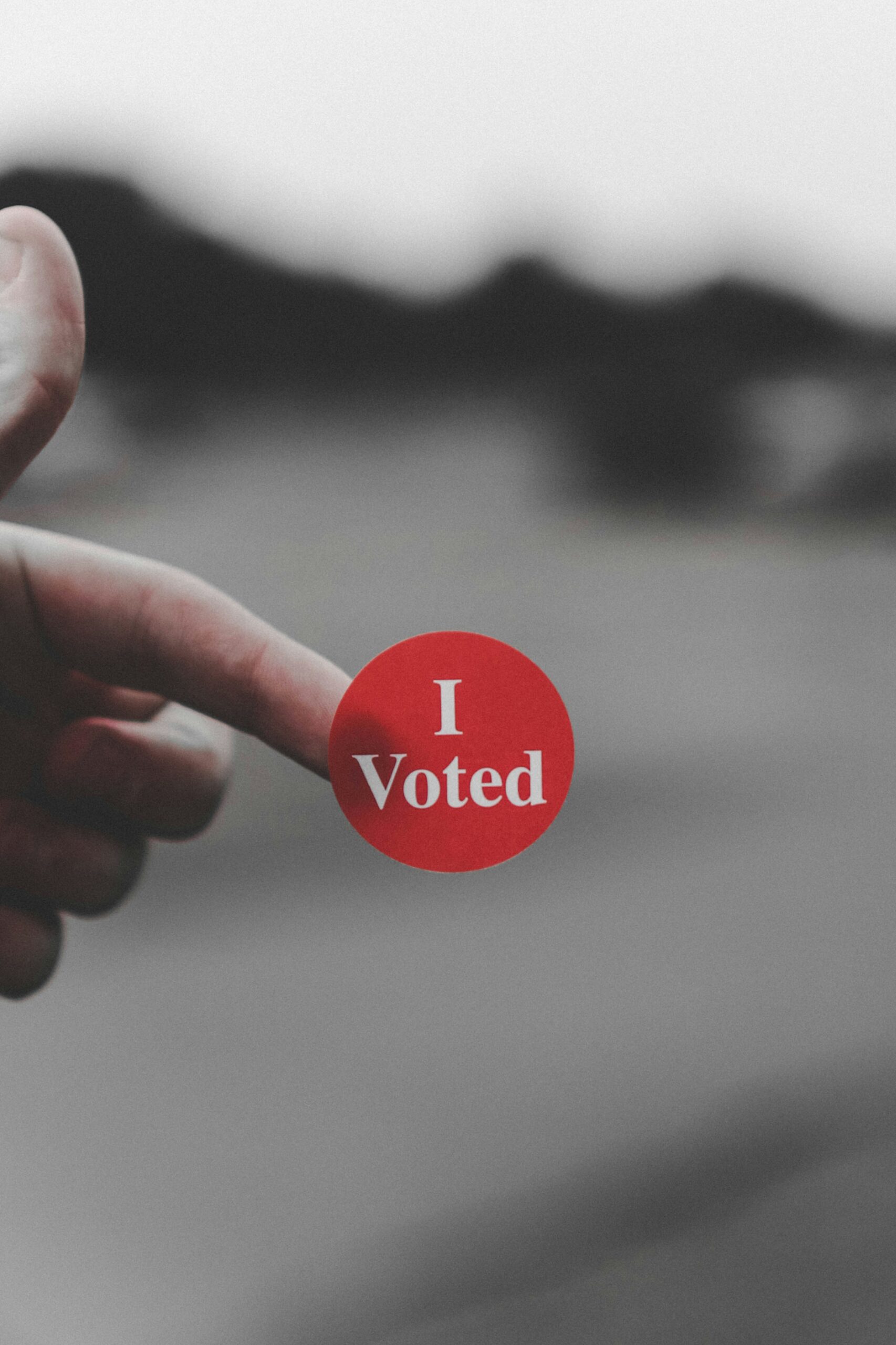Understanding the Suspension
Lidia Thorpe, the outspoken Australian senator, has recently made headlines following her suspension from the Senate. This disciplinary action comes just hours after a tense debate in which Thorpe was involved in a confrontation with fellow senator Pauline Hanson. Reports indicate that tensions escalated to the point where Thorpe allegedly threw paper at Hanson, sparking a significant reaction from both sides of the political aisle.
The Reactions in the Media
The incident has been covered extensively across various media platforms. The Australian Broadcasting Corporation reported the suspension as a key event in today’s political discourse, remarking on how it reflects the increasing tensions in the Senate. Similarly, The Guardian highlighted another recent confrontation involving Fatima Payman and Hanson, showcasing the volatile atmosphere during Senate debates. These incidents underscore a growing trend of heated discussions becoming more common in Australian politics.
More informationElon Musk’s Proposition: Auditing the IRS through the Department of Government EfficiencyImplications for Australian Politics
This suspension raises questions about the decorum expected in the Senate and how such actions may affect broader public perceptions of political representatives. As discussions continue to evolve, the implications of Thorpe’s actions may resonate beyond personal accountability, influencing legislative practices and the ways senators engage with one another. The incident serves as a reminder of the importance of maintaining respectful dialogue in political settings, a sentiment echoed by various commentators in the wake of these events.
More informationEvergreen Libertarian Core Ideas Inspired by Javier Milei and Argentine Libertarianism


